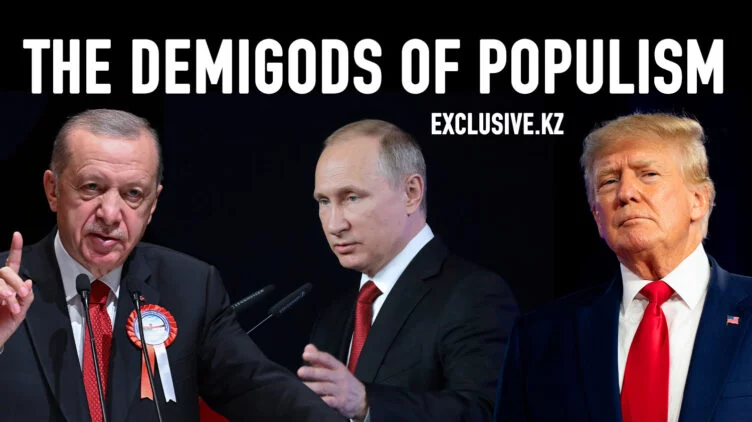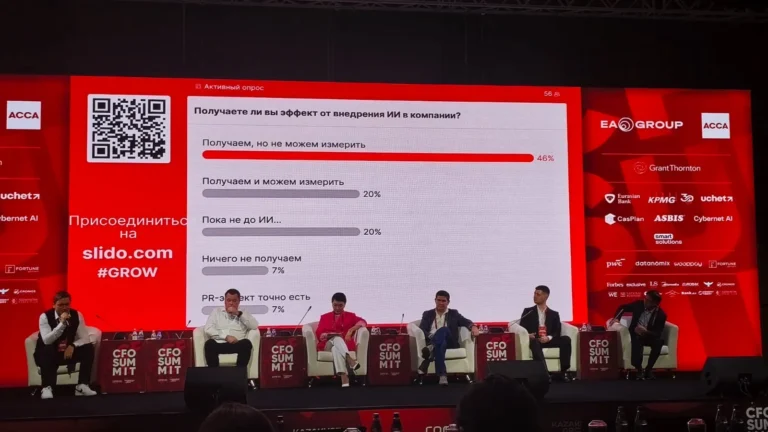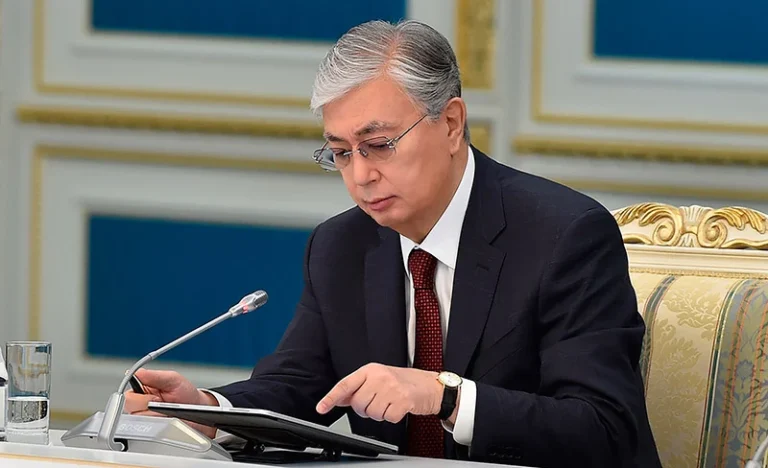Putin uses religion to justify the creation of crises. He is not alone

When the Soviet Union collapsed and global communism retreated, many hoped that the days of authoritarian leaders cultivating “cults of personality” were over. We had reached the “end of history,” and liberal democracy won. Regular, peaceful transitions of power among democratically elected officials would be the norm, and no one would dare claim to be infallible, let alone divine.
In the USSR, communism could be the only “religion.” And if communism was godless, its opponents concluded, the antidote must be Christianity. Russia’s first post-Soviet president, Boris Yeltsin, communicated his democratic spirit partly by declaring himself a Christian. With that, God, not Lenin, became the measure of post-Soviet leaders’ non-dictatorial aspirations.
But Russia’s current president, Vladimir Putin, has turned this approach on its head, taking post-Soviet piousness to an evangelical level to serve his dictatorial aims. During a 2002 visit to the United States, Putin’s zealous talk about crosses and miracles convinced President George W. Bush – a born-again Christian – that the former KGB lieutenant colonel had “heart and soul.”
The problem with overtly religious leaders is that they often seek to imbue temporal decisions with the absolutism of their faith. This is a risk even in a democracy: when Bush met with Putin, he was waging a kind of crusade in Afghanistan, and he had labeled Iran, Iraq, and North Korea the “axis of evil” – a call to arms disguised as a jeremiad. But as Bush’s wars multiplied and dragged on, his ability to summon the faithful waned, and new elections brought the hope of better, less dogmatic leadership.

Putin’s Russia is not that fortunate. Unlike Bush, Putin has the power to enforce his zealotry however he sees fit, and Russia’s Kremlin-organized elections are little more than a worship ritual.
While Russia is not a theocracy, Orthodox Christianity, the state religion, has become nearly as all-embracing as communism once was. For example, state officials might cancel an anatomy exhibit simply because it could “insult the feelings of the faithful.” And when Putin rails against the West, he often highlights its “decadence.” Russia – a “distinct civilization” with historical linkages to the Byzantine Empire – must lead the way in defending “traditional values” such as heterosexuality and the nuclear family.
Putin does not claim to be divine, but he does speak for it. Soviet general secretaries were descendants of the prophets of the faith– Lenin, Marx, and Engels – Putin is a modern incarnation of the holy czars, especially Peter the Great and Catherine the Great – God’s emissaries on earth. He is not a fanatic, but rather a man of destiny, uniquely qualified to wage a sacred crusade.
Putin has been cultivating this image for a long time. In 2007, a group of Russian Orthodox adherents established a new sect based on the belief that Putin is the reincarnation of Paul the Apostle, returning to fight the anti-Christ. In the 2010s, Vladislav Surkov, one of Putin’s then-close advisers, declared him to be a “white knight” sent by God to save Russia. And after the full-scale invasion of Ukraine in 2022, references to God – and Putin’s special connection to him – dominated the official airwaves.
One might argue that there is nothing unusual or even particularly problematic about invoking faith to comfort or motivate people in times of crisis; even Stalin embraced the Orthodox Church during World War II: people would be more likely to support the fight if they believed that God was on their side. By contrast, Putin uses religion to justify the creation or aggravation of crises.
Putin is not alone nowadays. Indian Prime Minister Narendra Modi, for example, declared earlier this year that he has “completely dedicated” himself to God, who sent him “for a purpose.” Though Modi’s cult of personality failed to deliver a majority to his Hindu-nationalist Bharatiya Janata Party in the recent general election – India’s democracy has not fully gone the way of Russia’s – he remains the world’s most popular elected leader.
Turkish President Recep Tayyip Erdoğan – another autocrat in democratic clothing – has used religion in a similar way, such as in 2020, when he declared Istanbul’s iconic Byzantine basilica, Hagia Sophia, a mosque. Some of his acolytes now claim that he was “sent by Allah” as a hope for Muslims. Since Erdoğan’s Justice and Development Party suffered a rare electoral defeat in April, Erdoğan has doubled down on religion, such as by pushing through changes to school curricula to emphasize religious studies and promote “national values.”
Then there is Donald Trump, the “orange Jesus” of America’s radical right. Trump might not know any Bible verses, but he does know how to stoke religious fervor to unite his base. And for Trump’s supporters, no claim is too bizarre. In 2021, for example, hundreds of Trump-loving conspiracy theorists gathered in Dallas, Texas, for the second coming not of Jesus, but of John F. Kennedy, Jr., who they believed would become vice president when Trump was inexplicably reinstated as president.
Leaders who claim to have divine missions are leaders who seek to increase their power and extend their rule, ideally indefinitely. Putin has already achieved that goal, and Modi and Erdoğan have been marching in the same direction. But Trump might represent the gravest danger. One cannot ignore the possibility that, if he wins the presidency in November, the US will not hold an election in 2028.
Copyright: Project Syndicate, 2024.





Все комментарии проходят предварительную модерацию редакцией и появляются не сразу.